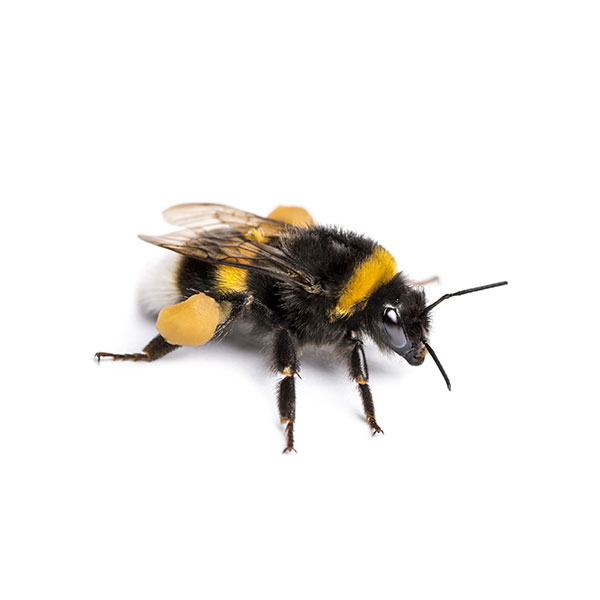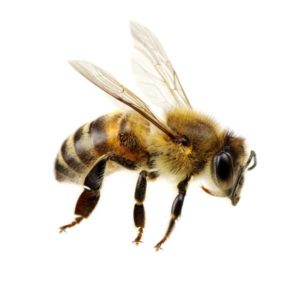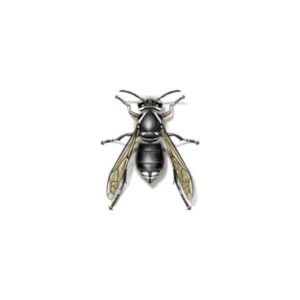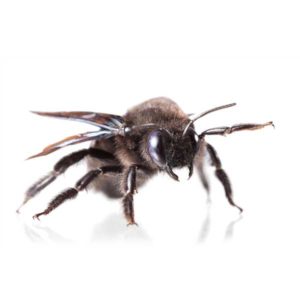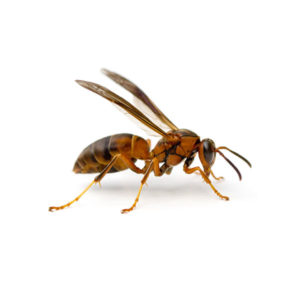Bumblebees in Florida
Bumblebees are large and robust insects covered with dense branched setae (hairs). They have short stubby wings and are beneficial as pollinators for many kinds of crops and ornamentals. According to the National Wildlife Federation, their wings beat at least 130 times per second. The beating helps vibrate flowers until they release pollen, which is called buzz pollination. Buzz pollination helps plants produce more fruit.
Bumblebee Habitat
Bumblebee colonies are small, containing a dozen to a few hundred workers. Most bumblebees nest in the ground, using deserted rodent burrows and shallow cavities excavated beneath patio stones, landscaping timber, piles of compost, and within dense patches of grass. Above ground, they will occupy abandoned bird nests and fiberglass-insulated structural voids associated with outside walls, patio roofing, and decks.
Bumblebee Behaviors, Threats or Dangers
Bumblebees are peaceful insects and only sting when provoked. Most stings happen when their nest is disturbed. Only female bumblebees sting and unlike honey bees, they can sting more than once. Bumblebees can sting multiple times, but they do not form swarms like honey bees. The pain from a bumblebee sting is less painful than a honey bee sting, however, a sting can be dangerous if it occurs on the head or neck, or if an individual is allergic to their venom.
Because bumblebees will sting when threatened, homeowners are advised to seek out a professional bee removal service rather than try to address the infestation themselves.
Need help with Bumblebee control?
We'll call you! Leave your information below.

